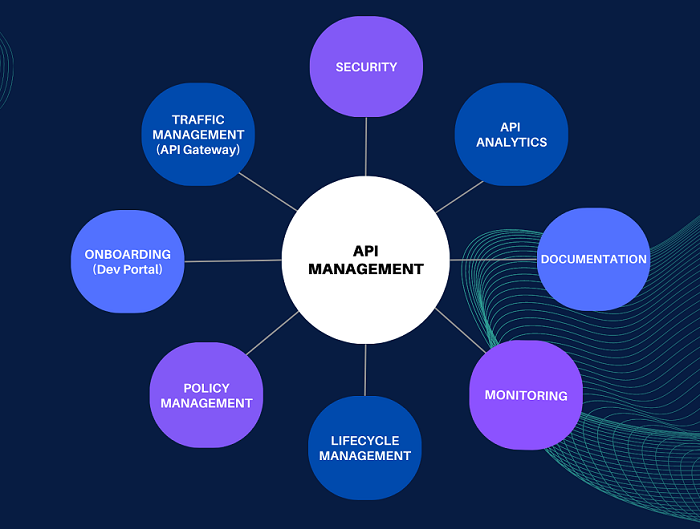In the modern digital economy, no business is an island. The ability to securely and efficiently connect applications, data, and services is the key to innovation and agility. The technology that orchestrates these connections is API Management. An Application Programming Interface (API) is the set of rules that allows different software applications to communicate with each other. API management is the comprehensive process of designing, publishing, documenting, securing, and analyzing these APIs at scale. A dedicated API management platform acts as a central control plane for a company's entire API ecosystem. It provides a secure "front door" or gateway for all API traffic, enforces security policies, manages access for different developers, and provides detailed analytics on how the APIs are being used, transforming them from simple technical interfaces into managed, secure, and valuable business products.
This evolution of APIs from a technical concern to a strategic business asset is the driving force behind a massive and rapidly expanding global market. The API management market is projected to reach an impressive market value of USD 24.17 billion by the end of the forecast period in 2032. This substantial expansion will be powered by an extraordinary compound annual growth rate (CAGR) of 21.40%. This powerful financial momentum is a direct reflection of the central role that APIs now play in every digital transformation initiative. As businesses of all sizes embrace cloud computing, mobile applications, and interconnected digital ecosystems, the need for a robust platform to manage these critical connections has become a non-negotiable and fundamental IT priority, fueling this sustained market expansion.
The benefits of implementing a comprehensive API management strategy are profound and far-reaching. The most significant advantage is a dramatic improvement in security. The API gateway acts as a critical enforcement point, protecting back-end services from attacks and ensuring that only authorized users and applications can access the data. It also greatly accelerates the pace of innovation. By providing a self-service developer portal, API management platforms make it easy for both internal and external developers to discover, understand, and start using a company's APIs, which is the key to fostering a vibrant developer ecosystem. Furthermore, the analytics provided by these platforms give businesses unprecedented insight into how their digital services are being used, enabling them to make data-driven decisions about their API strategy.
Looking ahead, the future of API management is being shaped by the rise of microservices, the expansion into new API protocols, and the infusion of artificial intelligence. As companies move to a more granular, microservices-based application architecture, the number of APIs that need to be managed is exploding, making a powerful management platform more critical than ever. The industry is also expanding to manage not just traditional REST APIs but also a wider range of protocols like GraphQL and asynchronous APIs. The use of AI is also emerging to automatically detect anomalies in API traffic and to provide intelligent recommendations for optimizing API performance, making the entire ecosystem more secure and more intelligent.
Explore Our Latest Trending Reports:



